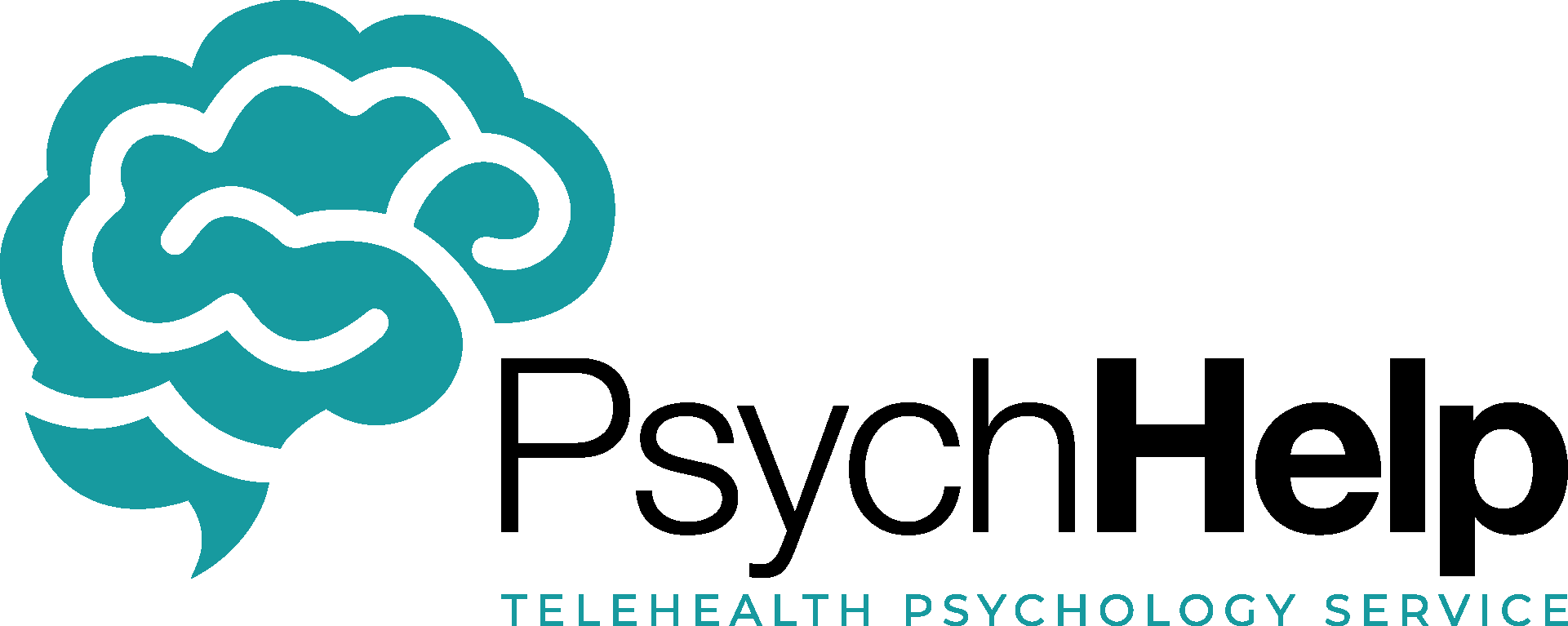Want to know the secret to a long and healthy life? Good genetics and a healthy lifestyle help but fostering good relationships is one of the most important things you can do. There are so many ideas about how to be healthy and happy. We are often told eat this, take that, buy this but the key factor that researchers are only recently uncovering is the significance of relationships. Healthy relationships continue to be identified by health researchers as one of the most important needs humans have.
We are Physiologically and Cognitively Bound to Each Other
Our bodies and brains need other humans not only to thrive, but to survive according to recent research. We humans are social creatures. Even introverts need and crave relationships just a smaller number than extroverts. From the time we are born till the day we die we are connected to other humans. Dr. Bruce Perry describes the capacity to form and maintain relationships as “The most important property of human kind”. Love he describes as the ‘emotional glue’ with which we are bonded. He goes on to say relationships are essential for our survival as well as for our ability to learn, work, love, and make babies.
We are only recently developing an understanding of the deep and meaningful connections that occur in our brains when we are in a relationship. You may have heard of mirror neurons. These are neurons in your brain which light up as if you are moving when another person moves. There are many theories as to why we have these neurons including that they help us to understand what another person is going to do, they help with learning, and they help us to have empathy for another person as we are able to put ourselves in their shoes. These neurons have also been theorised to help with defining our sense of self, the learning of language and the ability to copy other people’s movements. Regardless of their function they show that our brains work together when we are around another human.
 Babies
Babies
Even before we are born we are totally dependent on our parents. Our parents love provides the fertile ground in which we grow. For a baby to thrive they need love from consistent and responsive caregivers. This relationship is so fundamental it shapes our brain development. Research has found that mothers who have more physical contact with their children have children who have more brain activity particularly in their social brain. Researchers have not been able to identify why this occurs. However, we can predict that it is because touch is an important part of relationships. We are learning that without a good relationship with a parent a child is less likely to grow up to be happy, independent or resilient to stresses. Even just gazing into your infant’s eyes synchronises your brain waves. In a beautiful piece by Deborah MacNamara she says of the connection between parents and children that it “frees them to stop looking for love and to start focusing on growing”.
Teenagers
When you reach the teenage years, your parents remain incredibly important. Your brain continues to change, and you start to see the world in shades of grey rather than black and white. It is during this time that peer relationships start to influence who you are and who you will become. We actually choose friends to whom we are quite similar. Research suggests they even have similar brain wave patterns. Children who don’t have good relationships with their peers are at risk of more emotional problems and poorer social adjustment. It’s not just your family whose important it’s your friends too.
Romance
 Towards the end of our teen years and into our early twenties we begin to pursue romantic partnerships. These relationships leave long and enduring marks on our lives. Romantic relationships can improve your physical fitness. Being married is good for your mental and physical health and the longer you are married the better the health benefits.
Towards the end of our teen years and into our early twenties we begin to pursue romantic partnerships. These relationships leave long and enduring marks on our lives. Romantic relationships can improve your physical fitness. Being married is good for your mental and physical health and the longer you are married the better the health benefits.
Parenting
The relationship between parents and children has always been known as special but we are only just starting to understand that it goes both ways. In the time after a baby is born the grey matter in a mother’s brain grows. This growth is small, but it is significant as it most likely occurs to ensure the mother learns all the new skills required for motherhood. Evolution has deemed this relationship so important that this major change happens in a new mother to make sure she is ready for the new and important connection with her baby.
 It’s not just the mother’s brain. Even though men do not carry the baby for 9 months or breastfeed they also experience significant changes when they become fathers. When a man has a child, he will experience a decrease in a hormone called testosterone. New fathers similarly to new mothers experience an increase in oxytocin which is known as the ‘love drug’. He also experiences associated changes in his brain and these changes are probably to assist with caregiving of their child. These are just some of the amazing ways we have evolved to acknowledge the deep and powerful connection that is needed between parents and their children. This relationship not only keeps the baby alive it has a profound affect on the parent too.
It’s not just the mother’s brain. Even though men do not carry the baby for 9 months or breastfeed they also experience significant changes when they become fathers. When a man has a child, he will experience a decrease in a hormone called testosterone. New fathers similarly to new mothers experience an increase in oxytocin which is known as the ‘love drug’. He also experiences associated changes in his brain and these changes are probably to assist with caregiving of their child. These are just some of the amazing ways we have evolved to acknowledge the deep and powerful connection that is needed between parents and their children. This relationship not only keeps the baby alive it has a profound affect on the parent too.
 Later in Life
Later in Life
As you get older your life should be rich with many relationships with friends, family, your own children and your spouse. However, for many this is not the case and their older years are spent in social isolation. In fact, a recent study found that social isolation increases the risk of dying by 29%, loneliness increases it by 26%, and living alone increases it by 32%. While a lack of relationships is problematic good relationships provide health and wellbeing. A study of older adults in Berlin https://www.base-berlin.mpg.de/en found that those that looked after their grandchildren lived longer. Having a good marriage quality and perceiving your spouse as supportive provides improvement in terms of self-rated health and decreases disability
Why do relationships effect our physical health? John Cacioppo has been studying these questions and has a number of interesting findings. When we feel loneliness our body experience physiological changes. These changes include altered or lighter sleep, more attention to negative events and social threats, hypervigilance, and increased wound healing. In terms of evolutionary history, it makes sense that if we were alone we would need to be more alert, more sensitive to dangers and strangers, and be better able to heal. These changes would have been helpful in the short term if continued over time they put additional strain on the body.
 Relationships continue to feature highly when people come to the end of their lives. In the book the top five regrets of the dying Bronnie Ware lists number four as “I wish I’d stayed in touch with my friends” Number two is “I wish I didn’t work so hard”. Both these are related to a wish that they had put more time and effort into close relationships with family and friends. In The Last Lecture by Randy Pausch he discusses the importance of many aspects of relationships and particularly emphases the importance of people over things.
Relationships continue to feature highly when people come to the end of their lives. In the book the top five regrets of the dying Bronnie Ware lists number four as “I wish I’d stayed in touch with my friends” Number two is “I wish I didn’t work so hard”. Both these are related to a wish that they had put more time and effort into close relationships with family and friends. In The Last Lecture by Randy Pausch he discusses the importance of many aspects of relationships and particularly emphases the importance of people over things.
In your life are you putting relationships first in your life? Can you do one thing today to make a relationship better or acknowledge how important the other person is to you? Putting relationships first can help you to lead a healthier and happier life at any age.



Trackbacks/Pingbacks